Description
HED4808 Assignment 2 Memo | Due 16 July 2025. All questions fully answered. QUESTION 1
1. How do you understand the concept of Early Childhood Development (ECD)? Compare and
contrast the ECD approach in South Africa with that of a European country of your choice.
Support your discussion with relevant examples.
QUESTION 2
2. Conduct a critical analysis of Early Childhood Development (ECD) provisioning in South
Africa, with a particular focus on government initiatives. Reference relevant ECD policies and
findings from the Nationwide ECD Audit to support your discussion. Structure your response
using the following subheadings:
Professionalisation of Preschool Teachers (Birth to Four Years)
Teacher-Child Ratios (Birth to Nine Years)
Infrastructure
Governance Issues
Teacher Remuneration
Ensure that your analysis under each sub-heading is comprehensive and well-supported by
examples.
QUESTION 3
3. According to Prout and James (2015), childhood cannot be understood from a single
perspective, as there are multiple forms of childhood. Explain this statement and support your
explanation with relevant examples.
QUESTION 4
4. In her article Hierarchies of Knowledge, Incommensurabilities and Silences in South African
ECD Policy: Whose Knowledge Counts? (Journal of Pedagogy, Vol. 1: 77–98), Norma Rudolph
critiques the National Curriculum Framework (NCF) for overlooking Indigenous Knowledge
Systems (IKS) and local knowledges. Critically assess the validity and relevance of her argument.
Use examples from the NCF to support your evaluation. In your response, consider the following
aspects:
Are the Early Learning Development Areas truly universal?
How are children’s activities framed within the NCF?
In what ways could indigenous and local knowledge be used to highlight underlying power
dynamics
QUESTION 5
5. Foucault (1980) argues that “regimes of truth” are closely linked to power, with powerful
nations often imposing their perspectives and ideologies on less powerful ones. These dominant
discourses tend to prioritise western ways of knowing, often marginalising alternative knowledge
systems. As a result, global policies and pedagogical approaches – especially in Early Childhood
Development (ECD) – are heavily influenced by western norms. Do you agree with this
viewpoint? Provide a well-reasoned response supported by relevant examples. In your answer,
address the following aspects under appropriate sub-headings:
The Role of Dominant Discourse
Developmentally Appropriate Practices (DAP)
Challenges to the Dominant Discourse and Their Implications for ECD
Integrating Indigenous Knowledge into the Dominant Framework


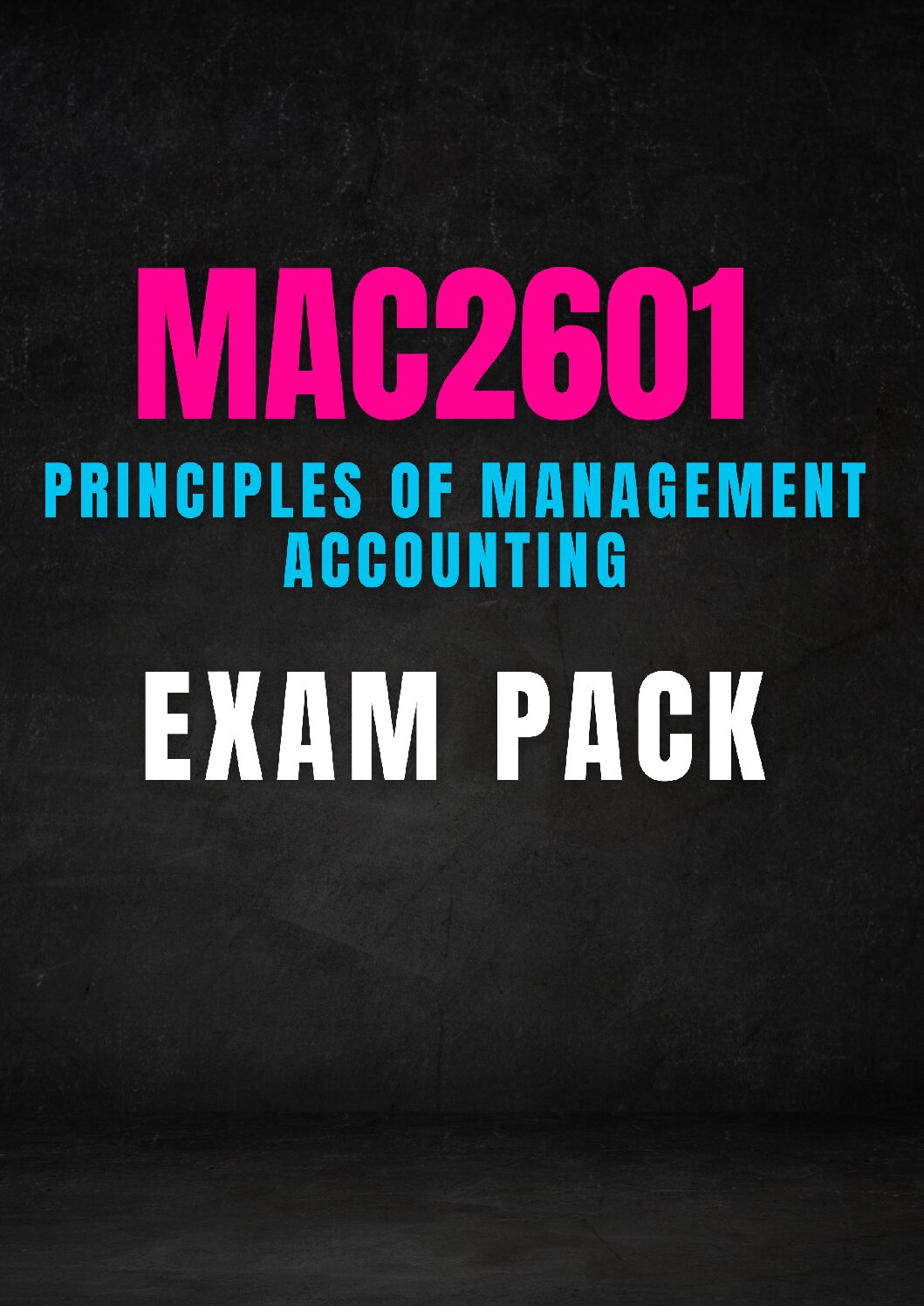



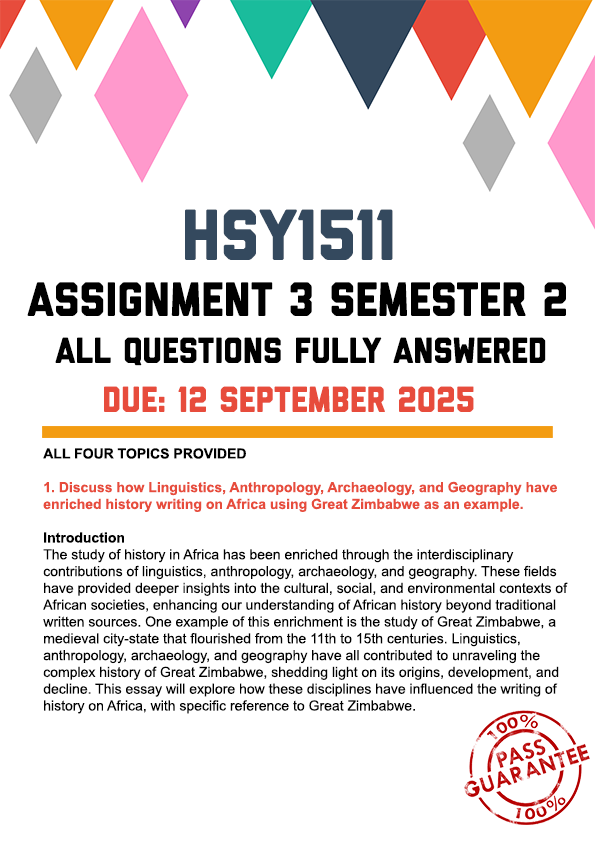
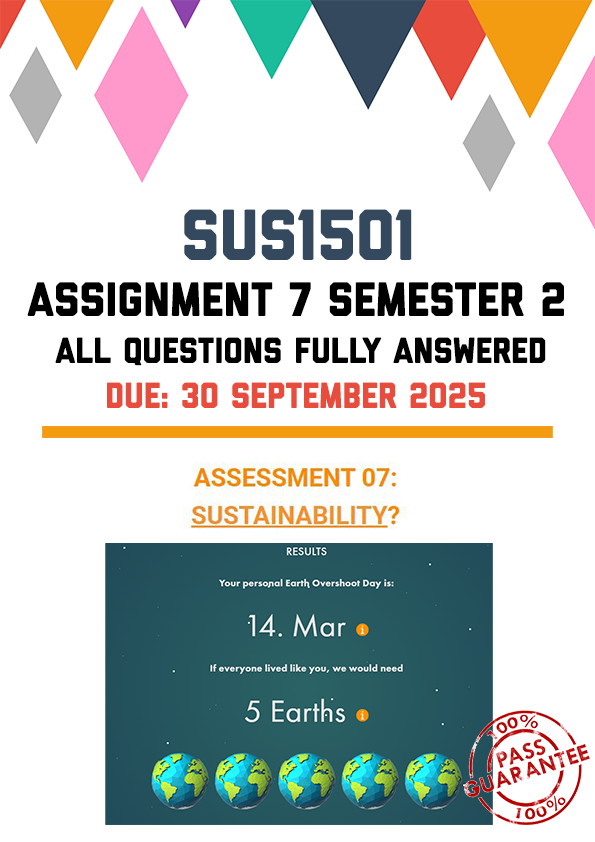
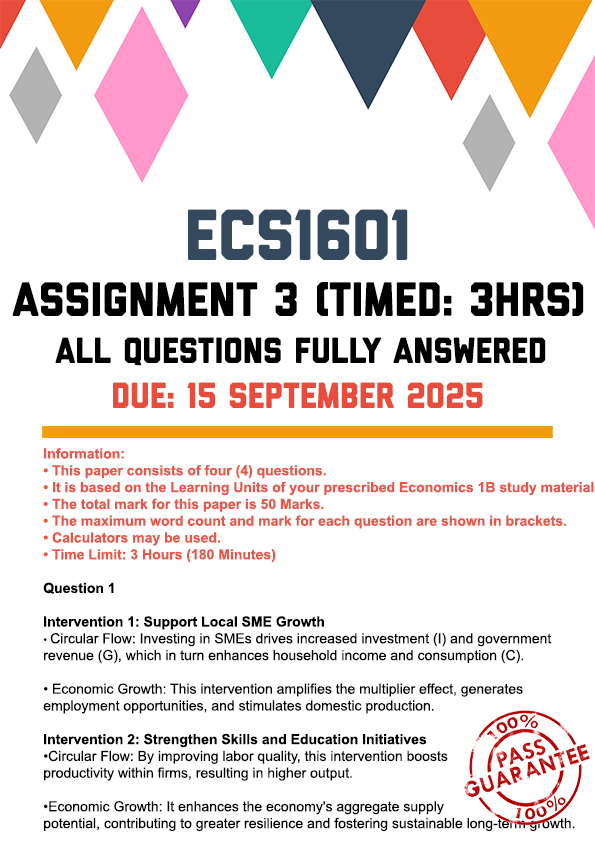
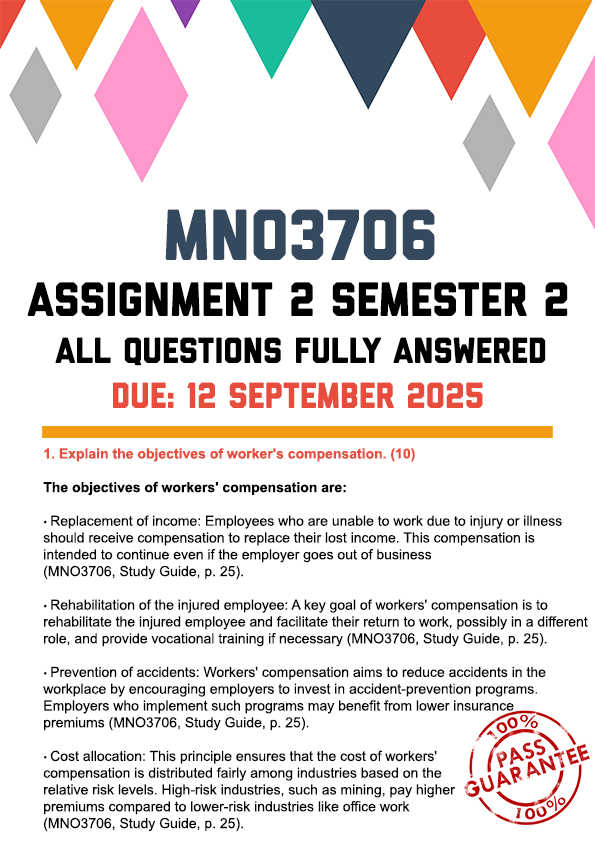
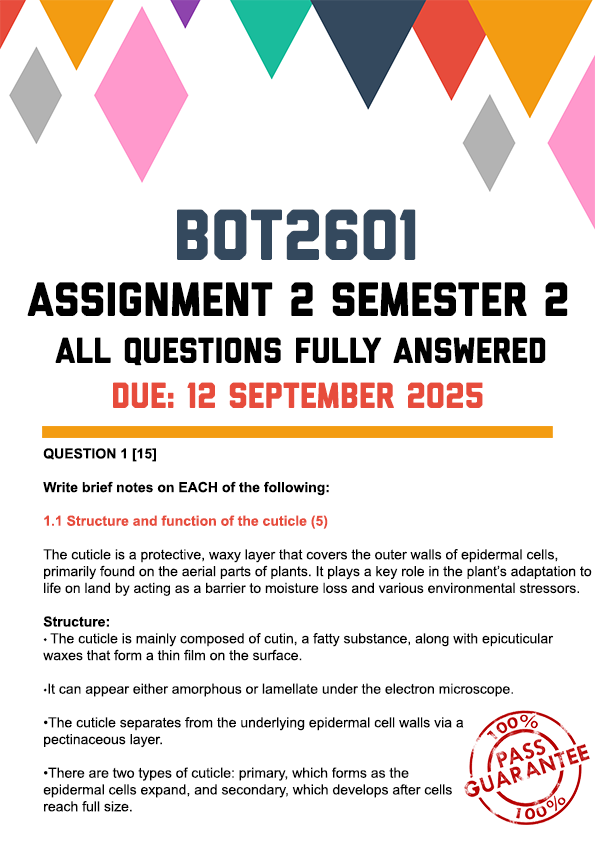
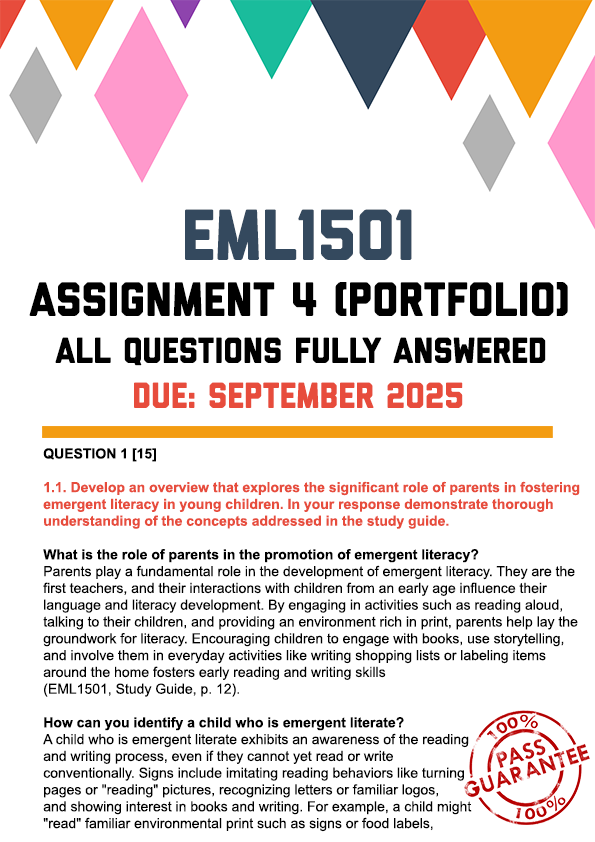
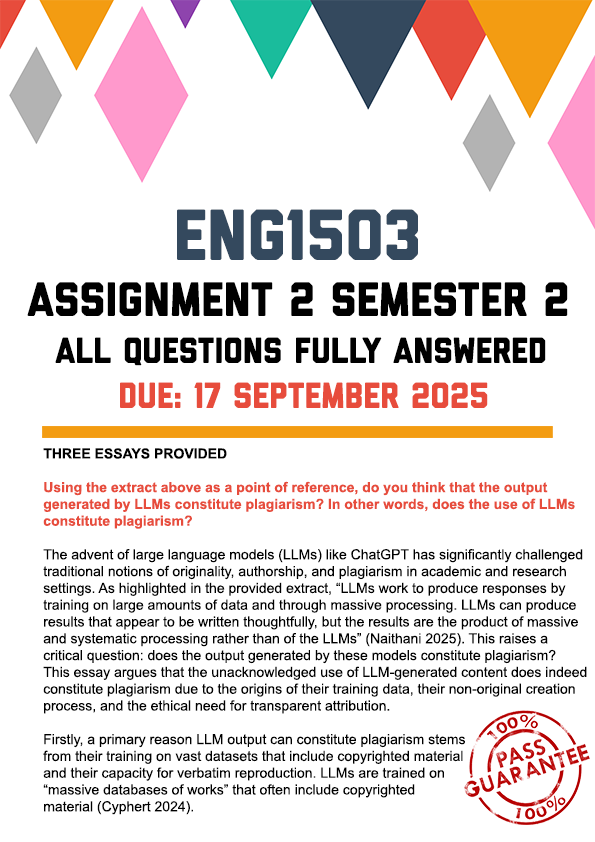
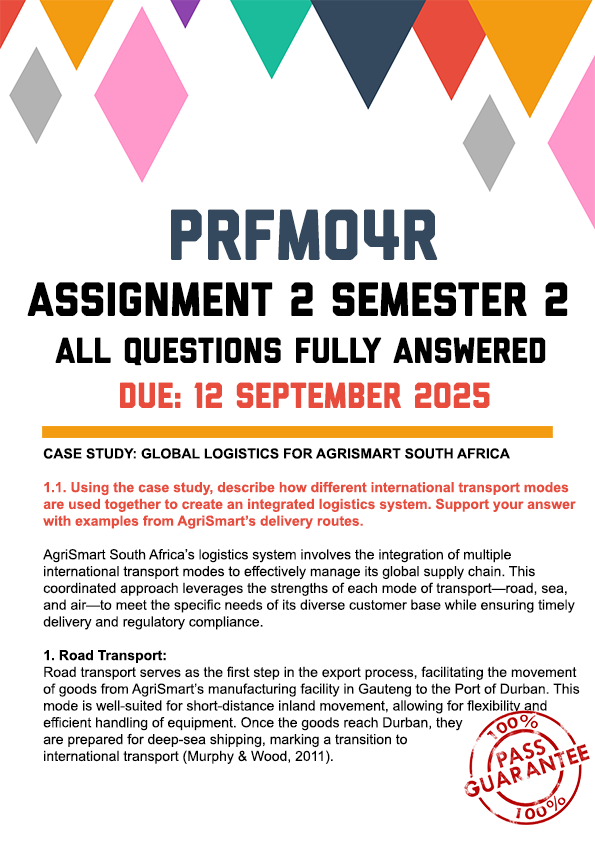
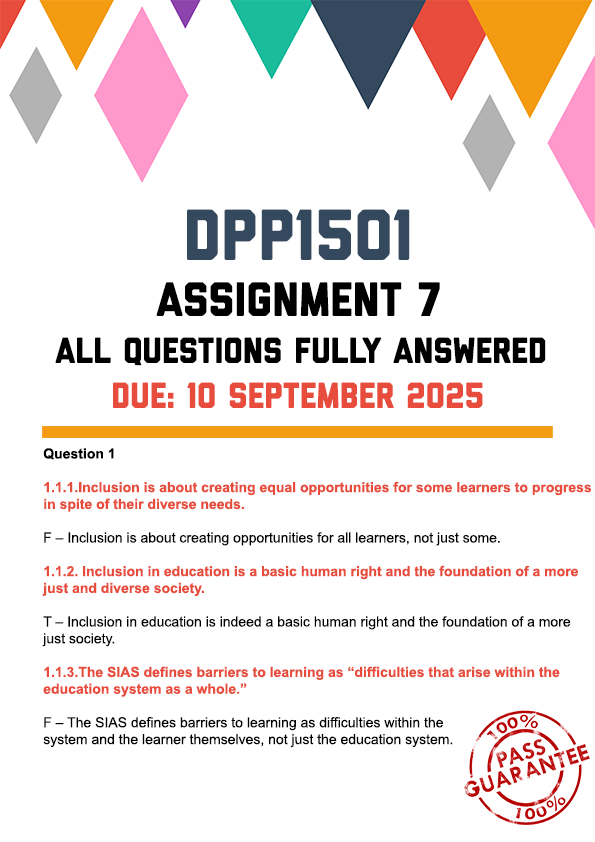











Reviews
There are no reviews yet.